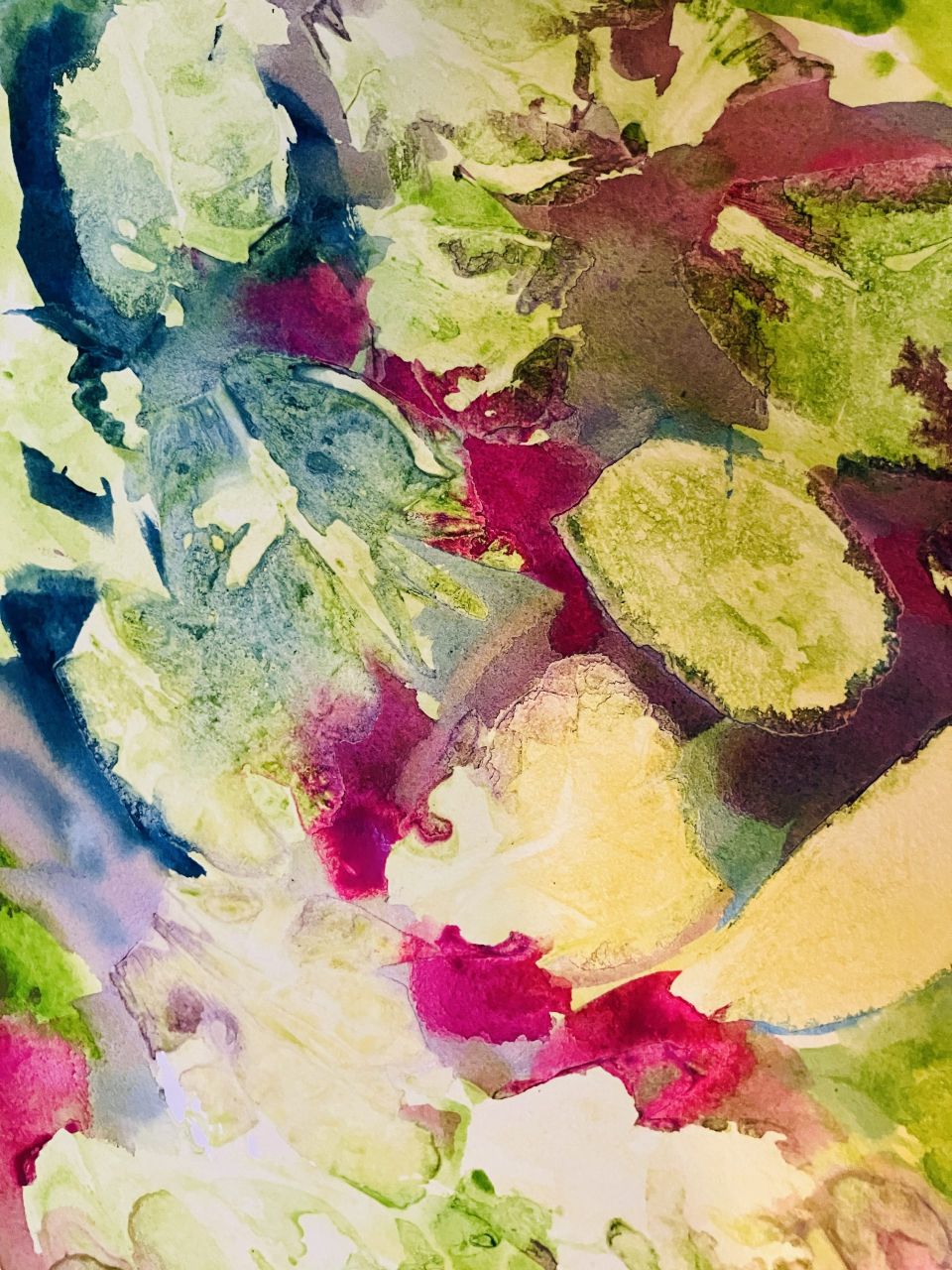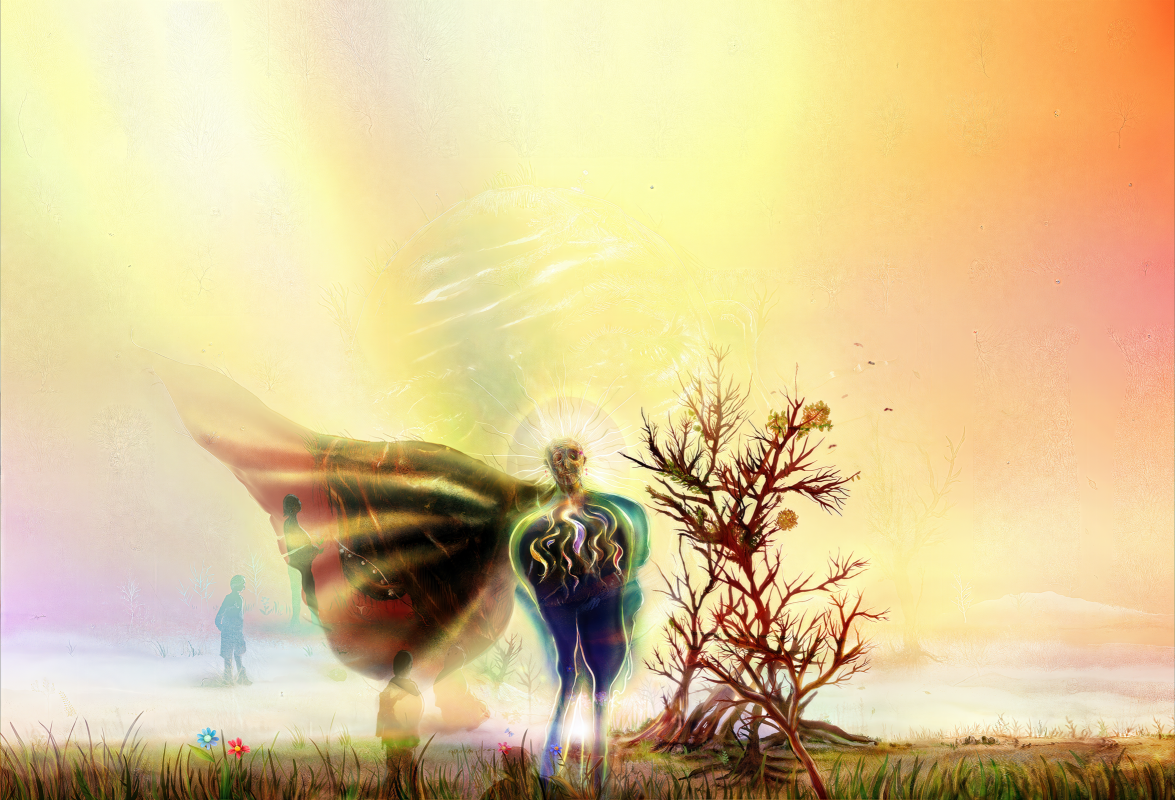Russell Thorburn

John Lennon at the Old Marquette Inn
Last night he was talking to Federico Fellini
in the bar on chili night, who told him “I’m not afraid
anymore of telling the truth.” John Lennon was celebrating
his 84th birthday, as if the years no longer mattered.
He wanted his whiskey. Like Jim Harrison, I said,
who wasn’t actually dead like everyone else.
His poems scared all the birds from his head.
“Fear makes for good servants.”
His body spun on his stool and the Liverpool boy
talked about Lake Superior singing outside.
Angry waves exploded in his chords
on a Gibson he had left out all night in my car.
It had an ugly sound that suited his darker edge.
His wire-rims were replaced by designer shades now,
all his shirts made in Rome. He cursed when his tie
dove into a chili bowl and stained his Piero Gherardi suit.
When Fellini had told Lennon about his wife in bed
his eyes opened wide, ready for outer space.
John slept alone with the television on.
Some nights he asked me to join him. We read
Harrison’s poetry of birds and rivulets
flowing between a woman’s legs
in her walk through Mulligan Creek.
John Lennon suddenly splashed on some trousers
and explained he was going to knock on Fellini’s door.
The Beatle standing alone on the fourth floor
would catch my nineteen-year-old girl walking to the bathroom.
She would smile at him just when we happened to see
Jim Harrison with his manual typewriter
telling us he was going to write a novel on the hotel roof.
The ingredients were the stars, he told Lennon,
as if he wanted one more song from him
to sing of a woman’s body bathing in a stream.

Chagall Taught Me How to Drive
Through the Chevy rumble of a borrowed car,
we waited for her baby to be born,
our nights sliding under the tires like a Chagall
painting of the wedding couple floating above town.
The beautiful breasts of my girlfriend
like frosting on a wedding cake. She steered me
blindly across the road with one hand,
avoiding a levitating fiddler, Chagall himself
standing on the side of the road, showing us
he had seven fingers to paint faster.
My girlfriend was pregnant and she taught me
how to drive, her cheekbones pressed against my shoulder.
When I strayed out of my lane, she said to keep left,
pretending the faded white line was a child.
I hadn’t fathered the road or the baby inside her.
Nor would we ever float loose above wooden fences,
pass through a window into Paris.
She didn’t want to birth her baby alone:
her belly barely fit behind the steering wheel.
I drove thirty miles per hour, slowing down
for peasants who were dancing in the road,
thinking they must be from Belarus, where
Chagall first painted on stained glass:
these ghosts from his past now stared at us.
We were headed for the beach in our borrowed Chevy.
The trees waited for us to find them human,
as they stood one after another, with their arms raised.
I counted them along the road until one bent in heartache,
and this was where we turned off for the shore.